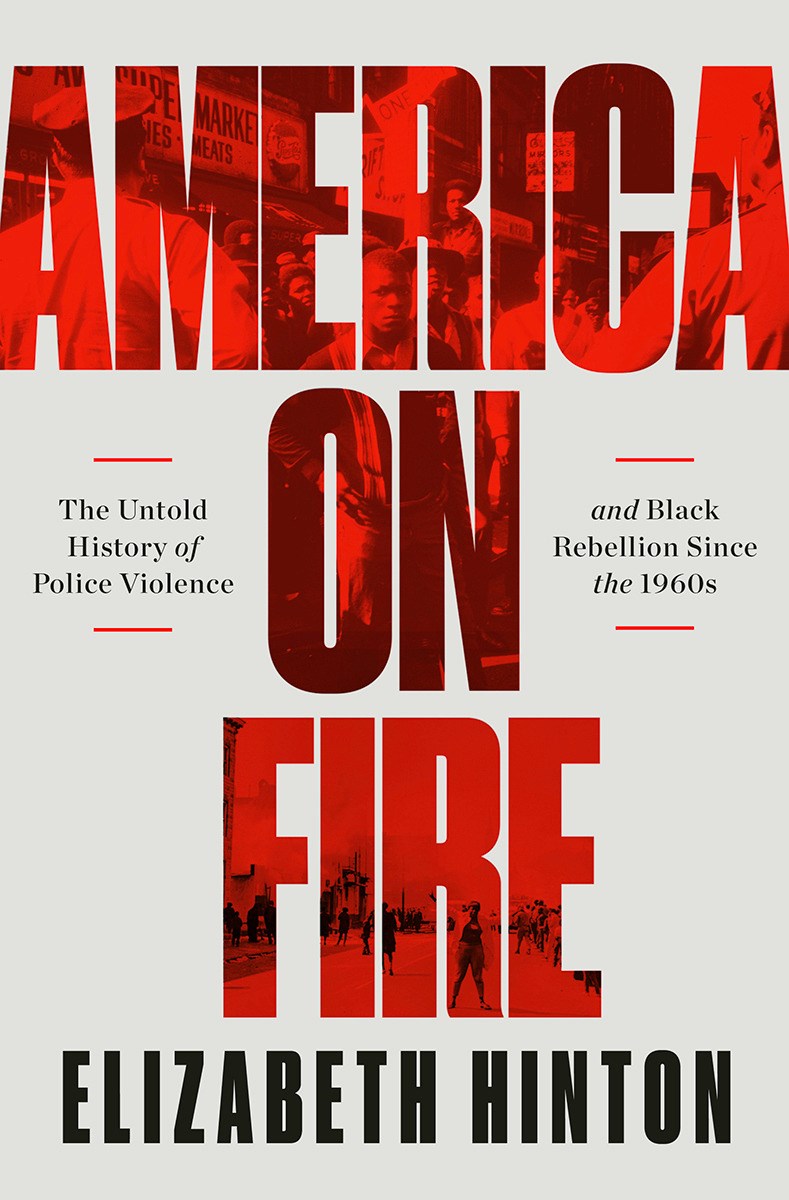2018 School Spending Survey Report
America on Fire: The Untold History of Police Violence and Black Rebellion Since the 1960s
COPY ISBN
 Between 1964 and 1972, the United States experienced various levels of violence and civic unrest, the effects of which continue to shape the country today. Hinton (history, African American studies, Yale; From the War on Poverty to the War on Crime) persuasively argues that this violence is best understood as a rebellion against police brutality and entrenched racism and inequality, while people were also seeking better housing, employment, educational opportunities, and police reforms. Anti-crime legislation pumped millions of federal dollars into law enforcement agencies, which allowed police departments to modernize equipment and acquire military-grade weaponry and vehicles. Violent policing towards Black communities attracted large demonstrations in places like Cairo, IL, which Hinton argues led to more violence between the police, their white supporters, and Black people. Hinton traces the legacy of Black rebellion through 2020, including recent protests over police officers killing Black people. This penetrating and incisive account of Black rebellion is based on extensive primary research, particularly from the archives of the Lemberg Center for Study of Violence.
Between 1964 and 1972, the United States experienced various levels of violence and civic unrest, the effects of which continue to shape the country today. Hinton (history, African American studies, Yale; From the War on Poverty to the War on Crime) persuasively argues that this violence is best understood as a rebellion against police brutality and entrenched racism and inequality, while people were also seeking better housing, employment, educational opportunities, and police reforms. Anti-crime legislation pumped millions of federal dollars into law enforcement agencies, which allowed police departments to modernize equipment and acquire military-grade weaponry and vehicles. Violent policing towards Black communities attracted large demonstrations in places like Cairo, IL, which Hinton argues led to more violence between the police, their white supporters, and Black people. Hinton traces the legacy of Black rebellion through 2020, including recent protests over police officers killing Black people. This penetrating and incisive account of Black rebellion is based on extensive primary research, particularly from the archives of the Lemberg Center for Study of Violence.
VERDICT Readers interested in social movements in the United States, past or present, will not want to miss this illuminating work.
RELATED
ALREADY A SUBSCRIBER? LOG IN
We are currently offering this content for free. Sign up now to activate your personal profile, where you can save articles for future viewing




Comment Policy:
Comment should not be empty !!!